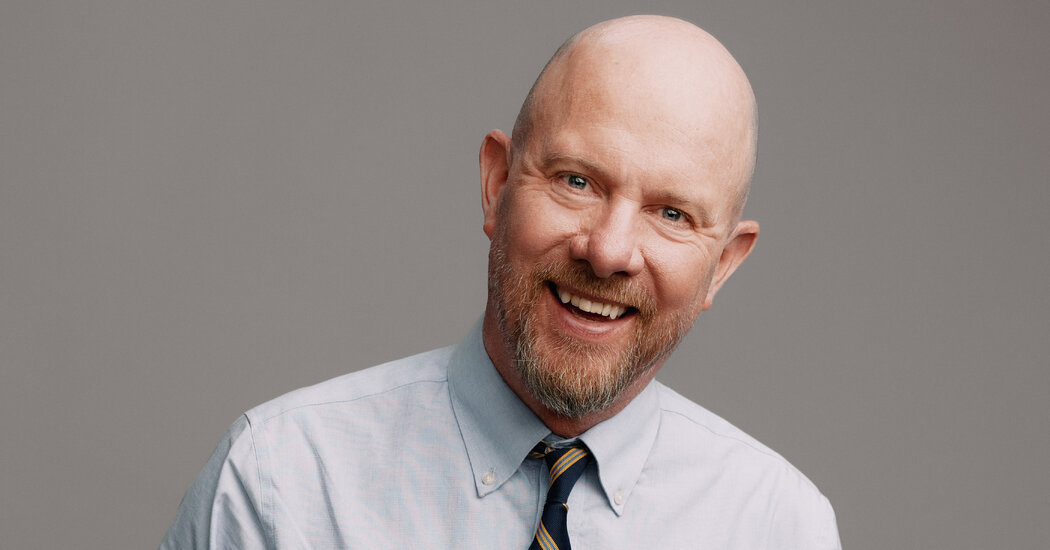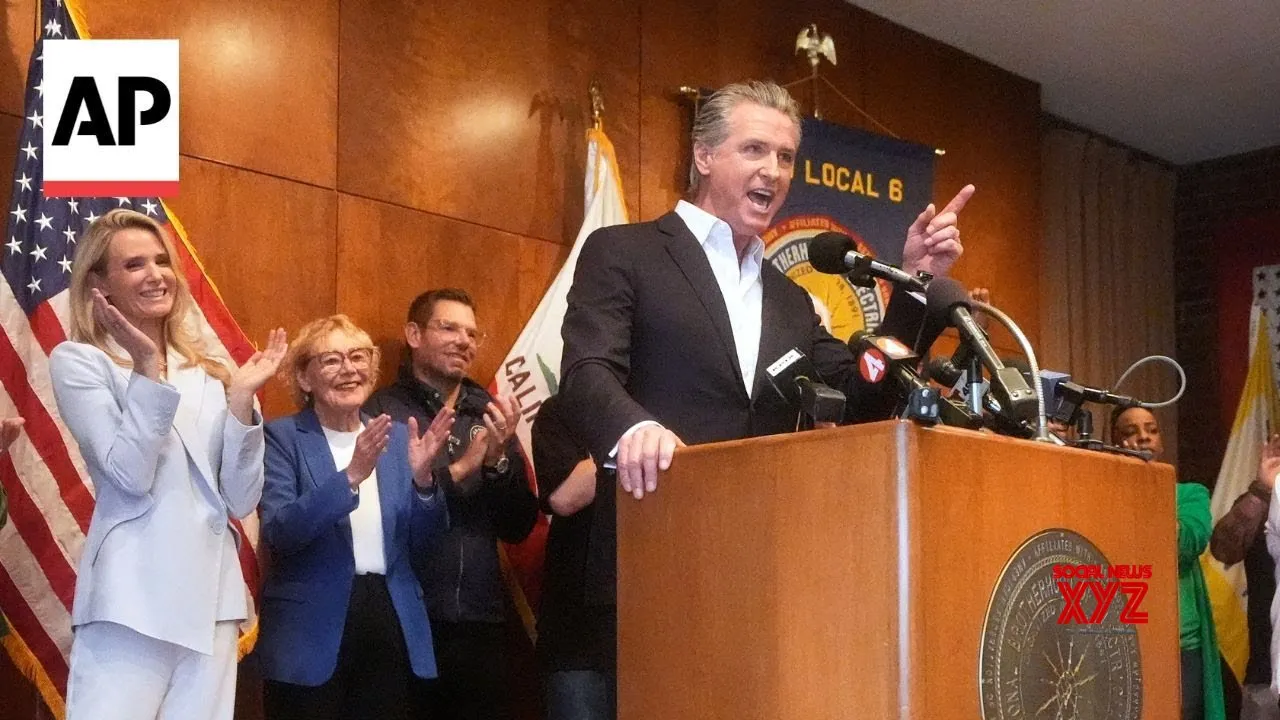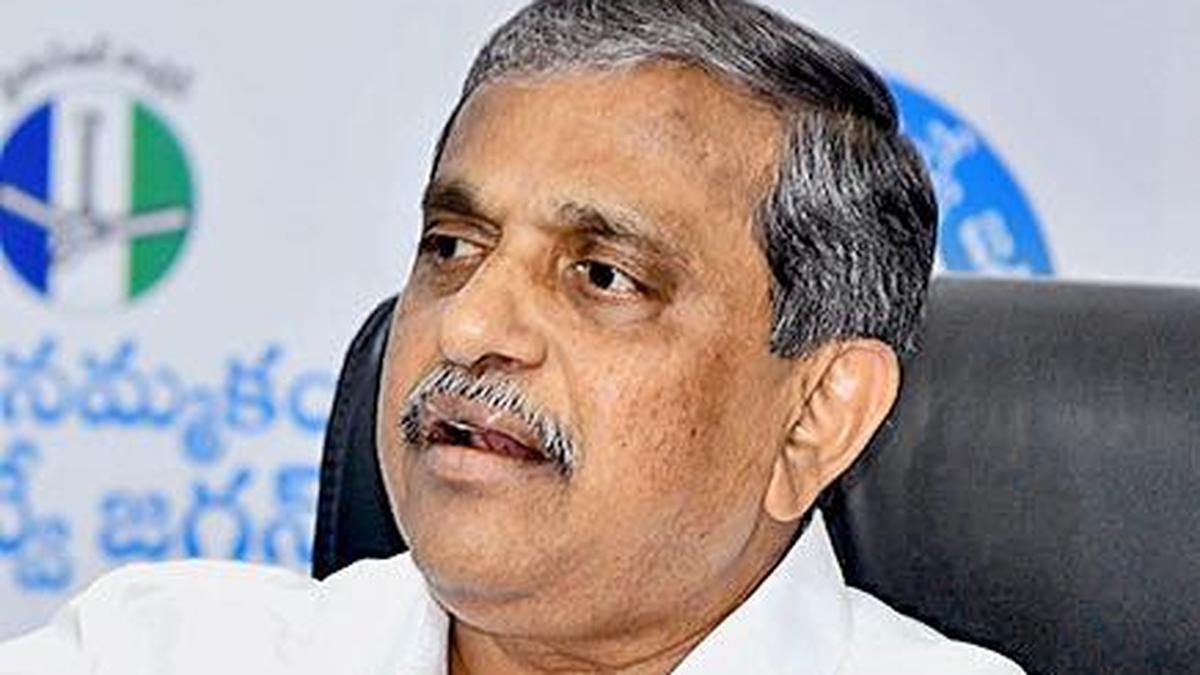Copyright The New York Times

Today, Sam Sifton took over as host of The Morning, The Times’s flagship newsletter, which more than five million people read each day. He’ll guide us through what’s happening in the world. He’ll be a companion through troubling stories, piercing criticism, poignant profiles, great listens and every other bit of wonder this news organization produces. I’ve discovered, working with Sam this fall, that he’s a delightfully idiosyncratic dude. You should know about him! Since he came to The Times in 2002, he’s had seven extremely varied jobs. Among them: He was the restaurant critic, from 2009-2011. (Ask him about his workout regimen to keep fit between all those meals.) He was National editor, overseeing one of our largest news desks, through the Boston Marathon bombing and other big stories. He basically invented NYT Cooking, a site so many of us have come to rely on. It’s the first place I turn when I panic: What do I do with these parsnips I found at the market? (Answer: Sam’s riff on seafood chowder.) For the last five years, he has overseen all our culture and lifestyle coverage. So you’ll want to pay special attention to his recommendations in that department. I sat him down for this inquisition on Friday. Adam: OK, you’re hosting a morning newsletter. Are you a morning person? Sam: I am. The hours between 5 and 9 pulse with creativity. And I love to greet a dawn. But I also know there are going to be some late nights on this show. Late nights, early mornings. I quit coffee during the pandemic. Let’s see if that holds! I’m caffeine-free as well. What’s the go-to breakfast? Breakfasts are routines. You perform yours until you start performing another one for reasons of whim or happenstance: granola and yogurt; French toast; a single fried egg with toast and marmalade; cut fruit. The past couple of days, I’ve been big into a toasted bagel with a lot of butter and a single slice each of deli ham and Swiss cheese. Last year, the Berkeley Divinity School at Yale gave you an honorary doctorate and described your last newsletter, What to Cook, as a “secular sermon.” What were you trying to do there and how does it apply to your new role with The Morning? I just wanted to let readers know: Everything’s going to be all right. Even if it’s awful right now, even if you’ve never made mayonnaise, even if you’re scared. We’ll figure it out. We’ll get to the truth. We’ll make something sustaining no matter what’s happening in the world. Most of all, I think I wanted to leave people with this thought: You’re not alone. And that’s my goal with The Morning, too. A leitmotif in the cooking newsletter was your life on the water. Tell us about it. I’ve been messing around in boats since I was a kid at my grandparents’ home in Maine. I’ve worked on schooners and cruise boats in New York Harbor, run light-tackle fishing boats here in the city and on Long Island, sailed up and down the East Coast. There’s something fantastic about being out on the water, especially when the cell service drops away. It’s a kind of freedom. And you can put some amazing stuff in your eyeballs experiencing it. Another leitmotif was the casual way you throw together meals. Your cookbook is called “No-Recipe Recipes.” What are your tips for people who want to graduate from paint-by-numbers chefs to improvisational chefs? For me, it was all about reps. Sometimes I love following a recipe — it’s like learning a new piece of music. Other times I just want to jam. But you’re right that getting your reps in makes jamming a great deal easier. It brings you confidence: in your skills, in your taste. Make any recipe three or four times and it’s no longer the author’s. It’s yours. How’d you get into journalism? I wrote for my high school newspaper and something clicked. You can ask questions and write down the answers and deliver them to people and they’re happy to know — or really mad because they didn’t want anyone to know. I thought, If I can do that right, I’ll never have to get a real job. You’re avuncular, even jolly. Are you one of these eternal optimists? I don’t know that my family would agree with that description. So I’ll paraphrase Machiavelli. There is nothing more important than appearing to be an optimist. Cellphones weren’t prevalent then, and Johnny was always on the road, chasing politics, eating immoderate meals. I found myself on deadline with a story of his about a trip to Vancouver (“Conspire to arrive by ship,” he wrote). I needed to get 10 lines out of the piece so it would fit on the page, but he demanded to be consulted about cuts. And he was nowhere to be found. What to do? I found a politics editor who said Johnny was in Ohio, talking to voters. That wasn’t much to go on. I thought for a minute, then went to a travel guide and made a list of all the four-star hotels in the state. I found Johnny on the second call. He laughed and laughed. We were only five minutes late. Your house is a bit of an animal sanctuary. Two large dogs. One small cat, who is the bossiest. It can feel like a farm. OK, lightning round. Favorite book about boats. “Spartina,” by John Casey, from 1989. What a beautifully written novel. If I could spend a season working for Dick Pierce, the swamp Yankee protagonist of that excellent accounting of a complicated life in South County, Rhode Island, I’d do it. He’d no doubt make me as miserable on the water as on the shore, but I’m so fascinated by his world it’d be worth the pain. Plus, those sentences!



